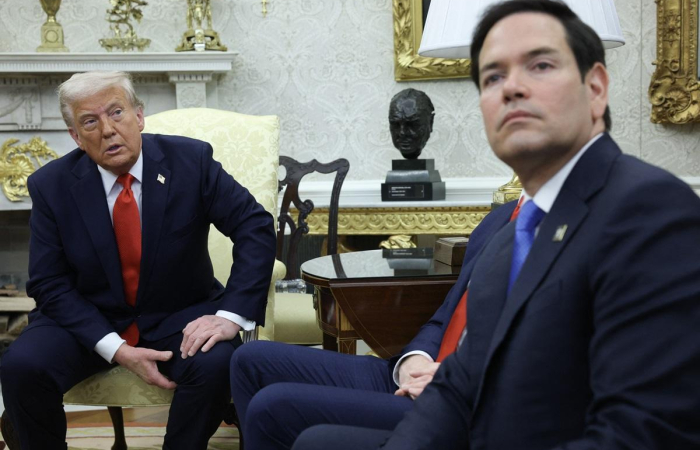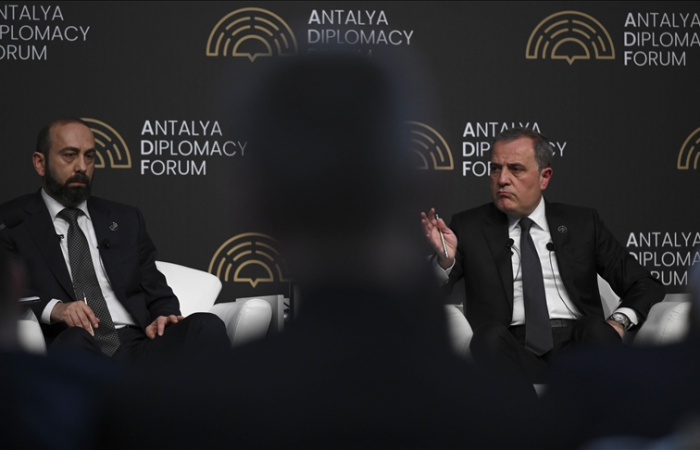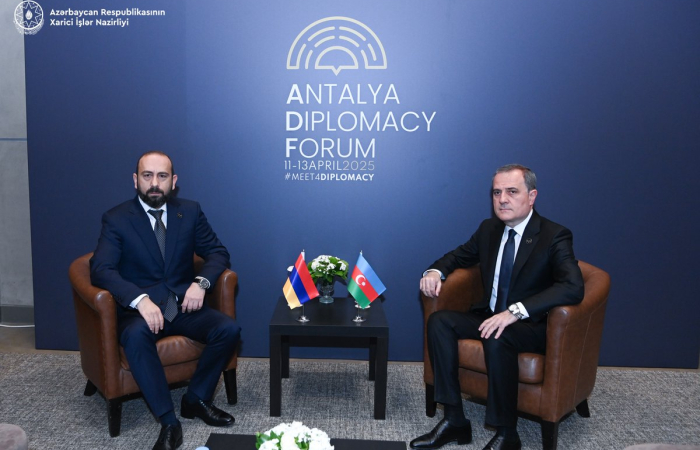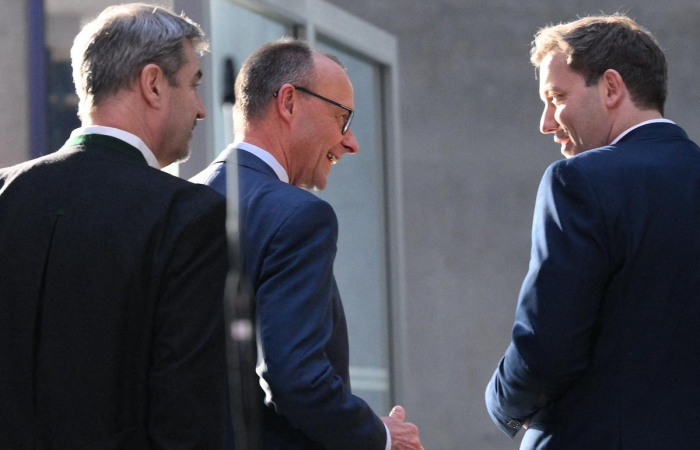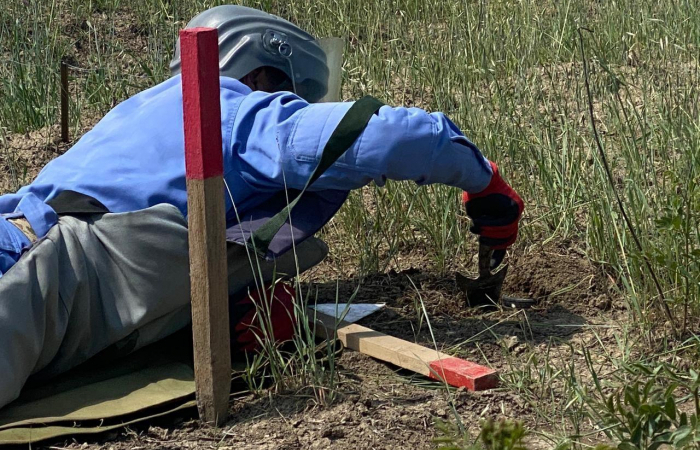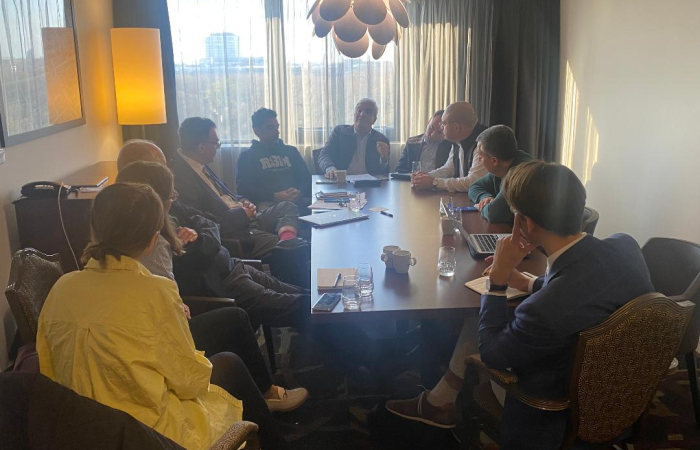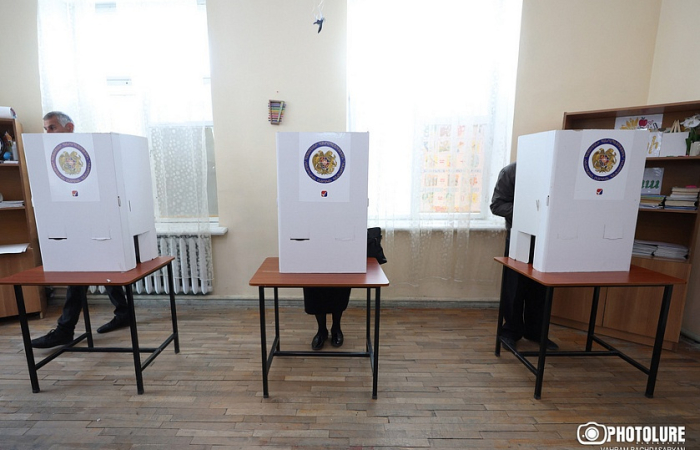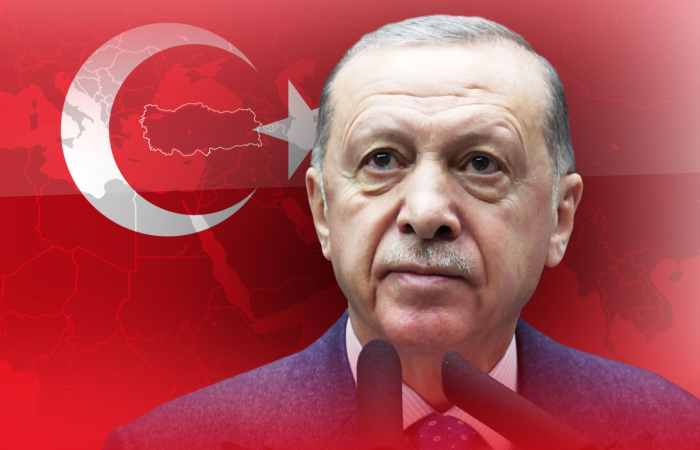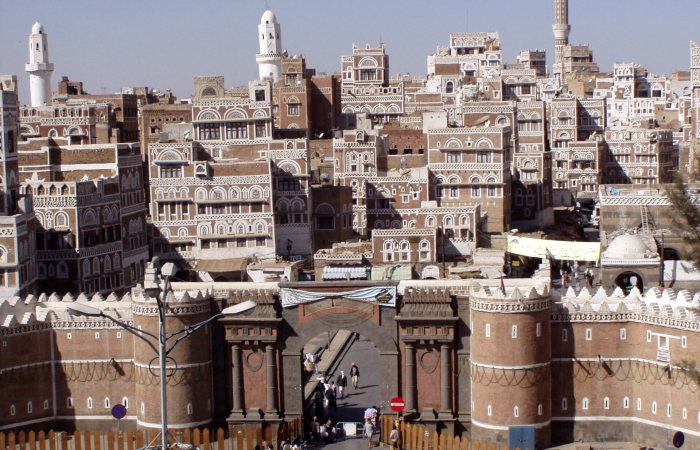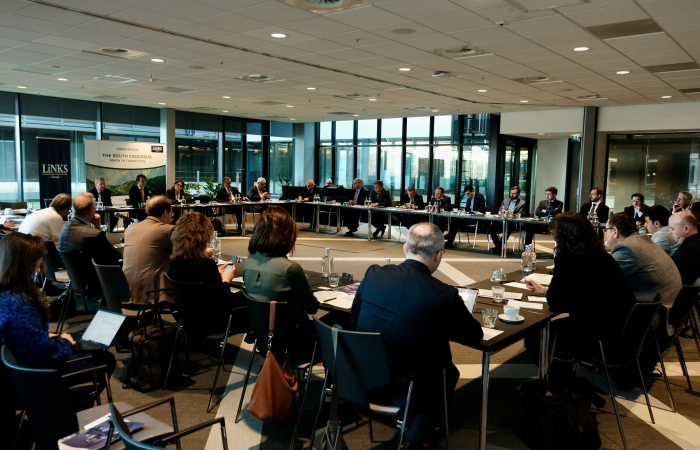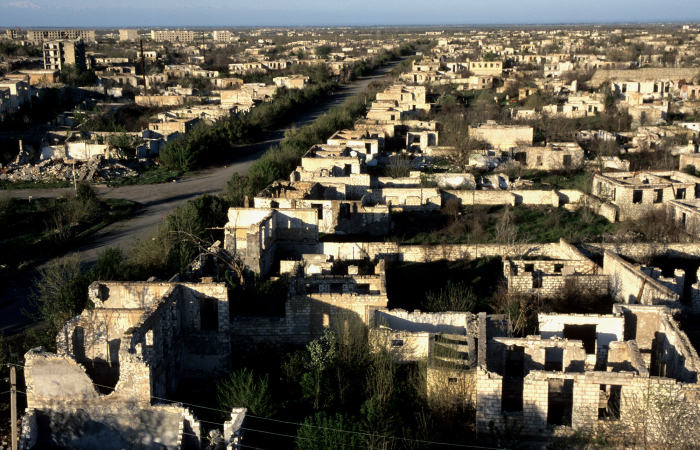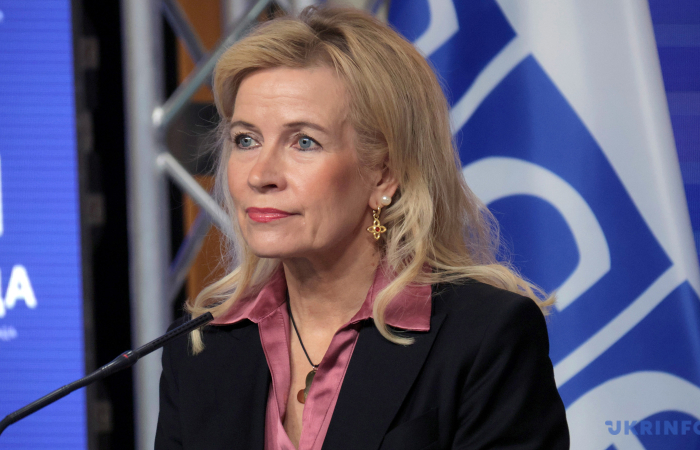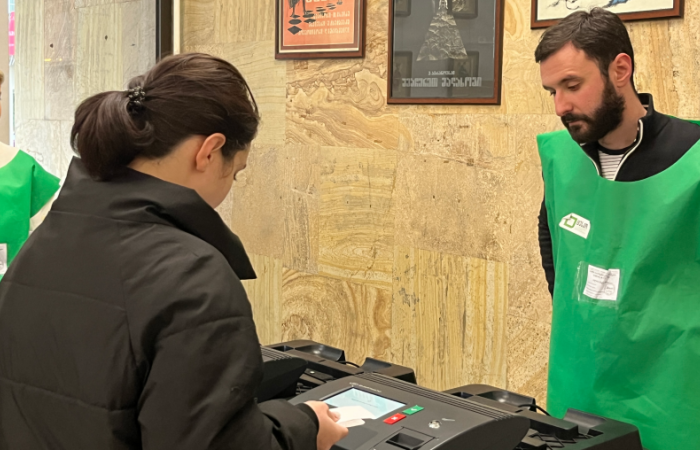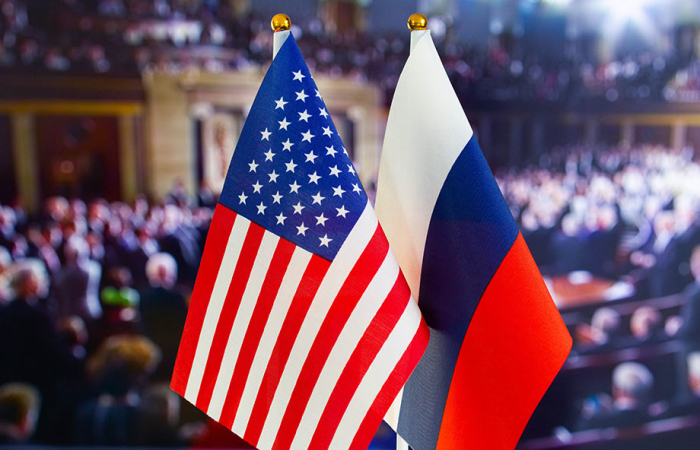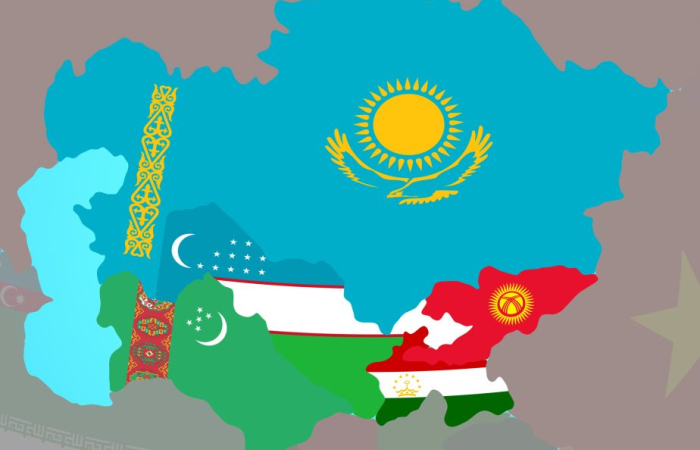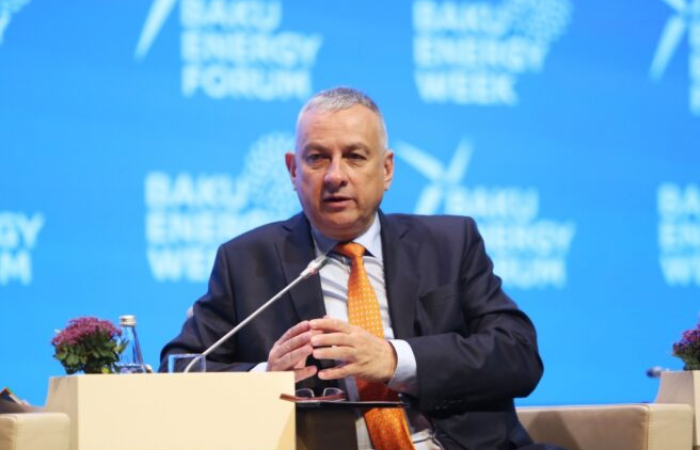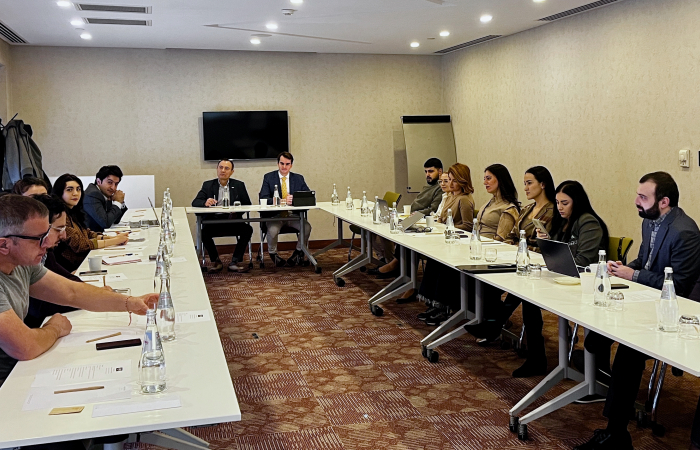- Opinion: How to Take the Most from the Present De-Facto Peace Period in Armenia-Azerbaijan Relations
- High level U.S. talks with Europeans on ending the Russia-Ukraine war
- Foreign Ministers of Armenia and Azerbaijan meet during Antalya Diplomacy Forum
- The Azerbaijan Mine Action Agency clears over 2000 hectares of landmines
- Monday Commentary: “Germany is Back on Track” ……..and Europeans should be Happy about it!
- Finnish President of the OSCE’s Parliamentary Assembly in trouble after meeting Russian representative
Focus on the South Caucasus
Monday Commentary
Focus on Central Asia
Focus on NGOs
commonspace.eu is an activity of LINKS Europe, an independent foundation based in The Hague, The Netherlands. We focus on issues related to European peace and security, Europe's neighbouring regions, including Eastern Europe, the Caucasus and Central Asia; North Africa and the Sahel, the Horn of Africa and the Arabian Peninsula. LINKS Europe is committed to contributing to a better future by increasing understanding of complex foreign policy issues, by promoting dialogue and confidence-building as tools for helping to resolve conflict, and by engaging citizens in the process of building peace and security on the basis of solidarity and mutual respect. Through commonspace.eu, we aim to provide insights and analysis on different topics in our area of interest and a platform for diverse opinions.
Read LINKS Europe's work programme for the two-year period 2024-2025 here



